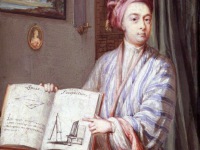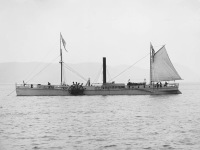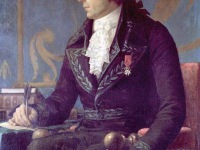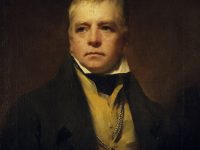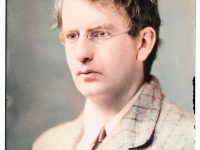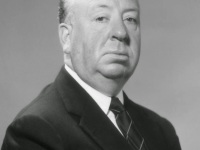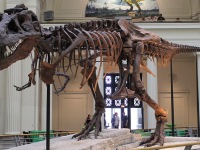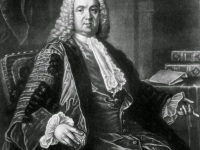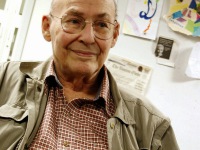Brook Taylor – Forerunner of Differential Calculus
On August 18, 1685, EnglishmathematicianBrook Taylor was born. He is best known for Taylor’s theorem and the Taylor series, a method for expanding functions into infinite series. “It is generally thought very ridiculous to pretend to write an Heroic Poem, or a fine Discourse upon any Subject, without understanding the Propriety of the Language wrote in; and to me it seems no less ridiculous for one to pretend to make a good Picture without…
Read more











